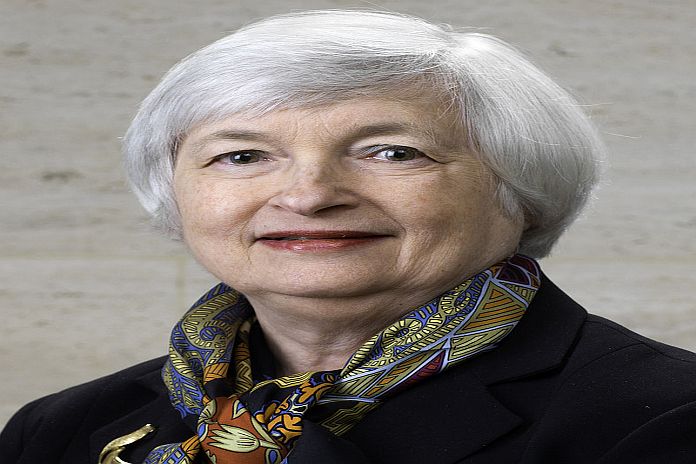Remarks by Secretary Janet L. Yellen at the open session of the meeting of the financial stability oversight council
By Secretary Janet L. Yellen
WASHINGTON, USA – Almost exactly one year ago, the pandemic’s outbreak caused significant stress in the economy and in the financial system. In response to the deep uncertainty, investors sought safety in the form of cash and short-term government securities. Bond markets became illiquid.
If not for the swift actions of the Federal Reserve, Treasury, Congress, and others, those stresses may have led to an even greater economic contraction.
Indeed, we are digging out of a deep hole now, but we should be mindful that the hole could easily have been even deeper. Increased capital and liquidity requirements imposed after the 2008 financial crisis helped banks weather the pandemic-induced crisis. But the fact that extreme policy interventions were still required to support market functioning should serve as a clear reminder: We have to do more to address vulnerabilities in the financial system.
This year, I see three particularly important ways for the Council to begin doing that.
The first is looking at vulnerabilities in nonbank financial intermediation.
Last March, we saw evidence of how these vulnerabilities in nonbank financial intermediation can take the existing stress in the financial system and amplify it.
It is encouraging that regulators are considering substantive reform options for money market mutual funds, and I support the SEC’s efforts to strengthen short-term funding markets.
We also know open-end mutual funds offer investments with greater liquidity than their underlying assets. While these investment funds play a critical role in financing the economy, I believe this particular practice should also be reviewed.
In fact, the SEC has been studying the performance of open-end mutual funds during the March 2020 market turmoil, and this afternoon the staff briefed us on their initial analysis.
As a next step, I have asked for an interagency assessment to determine if additional measures should be taken to address this financial stability vulnerability, and, if so, to develop recommendations for the Council.
The Council was also briefed by the office of financial research regarding the performance of hedge funds through the COVID-19 crisis this afternoon. The pandemic showed that leverage of some hedge funds can amplify stresses, too.
This Council used to have a Hedge Fund Working Group, and as of [today] we have one again. We are re-establishing the working group so that we can better share data, identify risks, and work to strengthen our financial system.
The second area where we need to address vulnerabilities is the US Treasury securities market.
A deep and liquid treasury market is essential for a strong US economy. It is critical to the entire financial system. It supports the US dollar as the world’s reserve currency and is the benchmark for asset classes globally.
Which is why, last year’s disruption of the treasury market warrants a broad, interagency effort.
We have to better understand the factors that contributed to an increase in the demand for liquidity by all types of investors – and a reduction in the supply of liquidity by dealers and principal trading firms. We also must strengthen the Treasury market itself and make it more resilient to future disruptions.
Third, we cannot only look back and learn the lessons of last year. We must also look ahead, at emerging risks. Climate change is obviously the big one.
It is an existential threat to our environment, and it poses a tremendous risk to our country’s financial stability. We know that storms will hit us with more frequency, and more intensity. We know warming temperatures might disrupt food and water supplies, leading to unrest around the world. Our financial system must be prepared for the market and credit risks of these climate-related events. But it must also be prepared for the best-possible case scenario: that we begin a rapid transition to a net-zero carbon economy, which also creates potential challenges for financial institutions and markets. On all these fronts, the Council has an important role to play, helping to coordinate regulators’ collective efforts to improve the measurement and management of climate-related risks in the financial system.
The three areas that I highlighted, vulnerabilities in nonbank financial intermediation, the resiliency of the treasury market, and climate change are major challenges that will require our collective efforts. But these are not the only challenges to financial stability we face today.
We must continue to identify and address other vulnerabilities, such as cybersecurity risks, the growth of nonfinancial corporate credit, the importance of large banks and central counterparties in our financial system, the evolving role of digital assets, and many others. I look forward to engaging on all these issues with the Council going forward.






